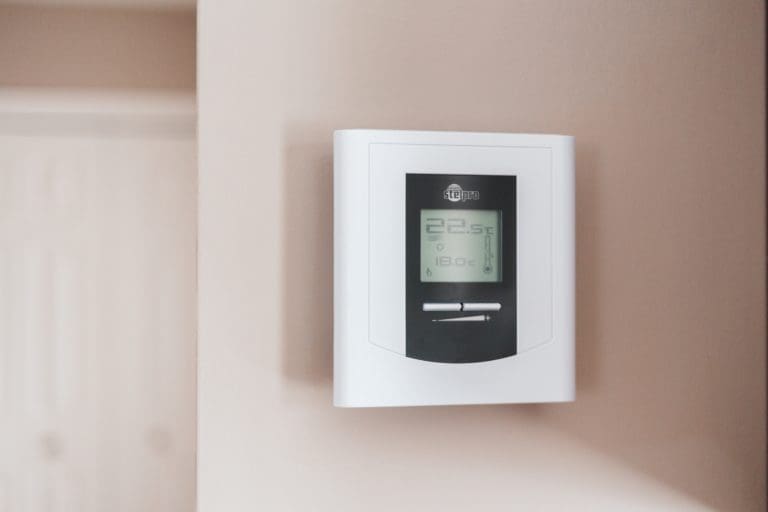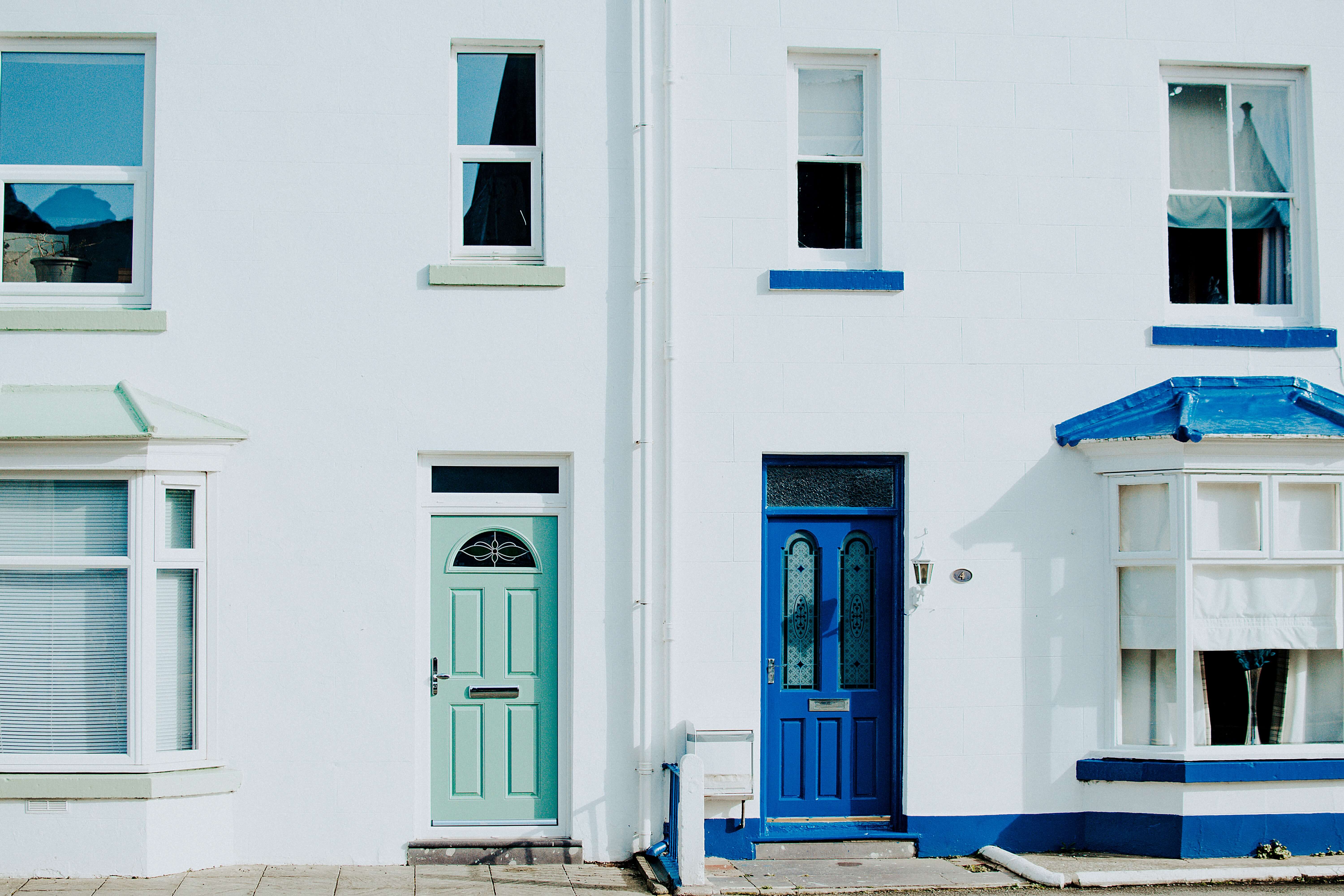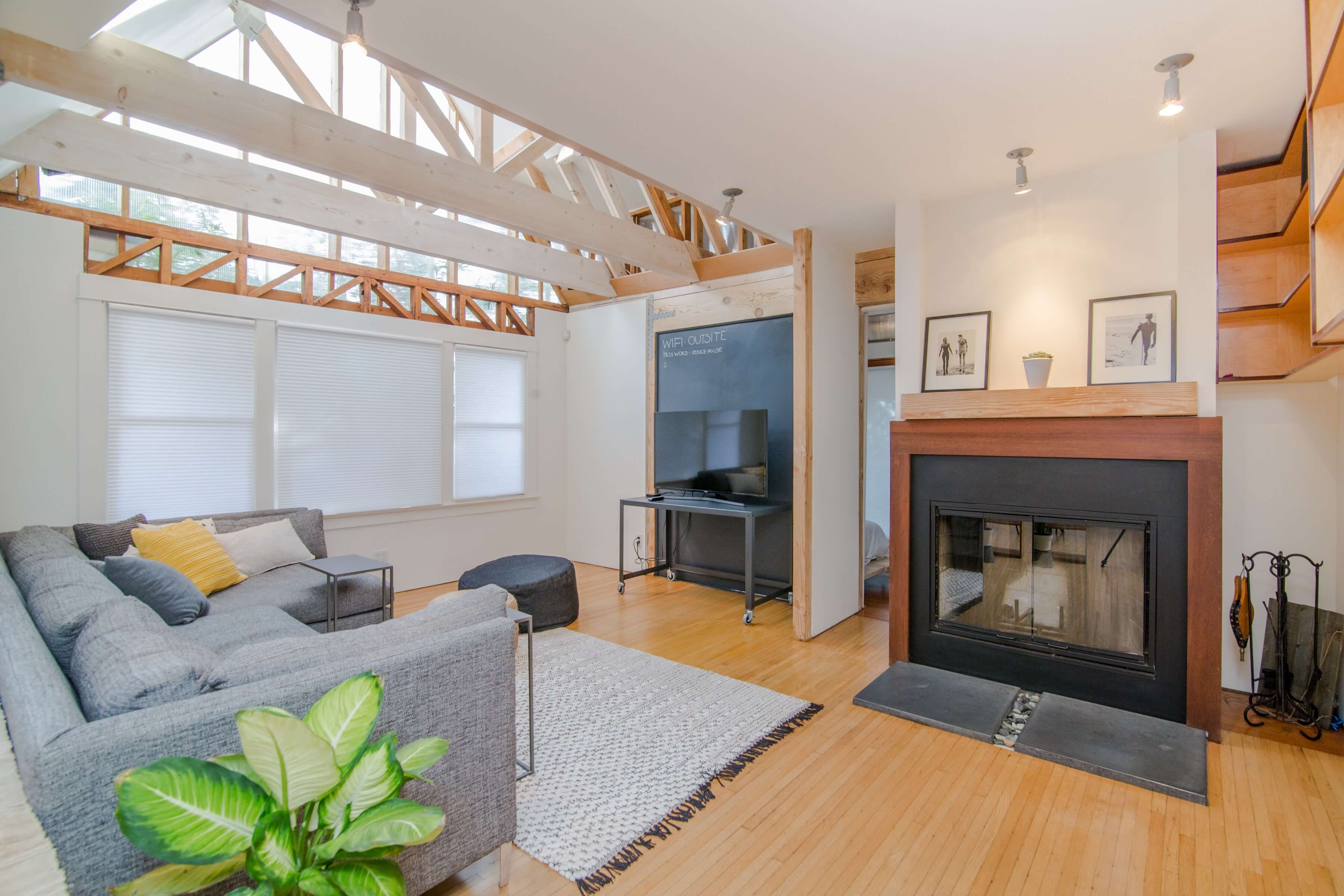When buying a home, there should be no questions left unanswered.
Photo by Cytonn Photography on Unsplash
The twists and turns of the market coupled with the many types of financing options can make purchasing a home overwhelming. Knowing you have the best financing option is key to a good home buying experience. Whether you’re buying your first home or have purchased a home before, you should know some vital points about different home financing options.

Conventional Loan
Conventional loans are loans that the federal government does not secure. These loans are accessible through private entities such as credit unions, mortgage companies and banks. Conventional loans are often used for investment properties, primary homes and secondary homes. Those with a strong credit score and who can afford down payment should seriously consider this option. Even if the interest rates are a little higher, the borrowing costs are often lower with conventional loans when compared to other kinds of loans.
Conforming loans and non-conforming loans are different kinds of conventional loans. Conforming loans adhere to the rules imposed by the Federal Housing Finance Agency, with the most significant rule being how large the loan can be.

Non-conforming loans do not follow the rules put in place by the Federal Housing Finance Agency. These loans are typically offered to buyers with less reliable credit.
About 64% of loans today in the mortgage market are conventional loans.
3.89 percent is the delinquency rate for conventional loans.
FHA Loan
The Federal Housing Administration backs FHA loans. People with a poor credit score or debt tend to gravitate towards FHA loans. Low down payment options and lower minimum credit scores also make these loans popular among homebuyers with less financial resources. FHA loans are particularly popular with first-time home buyers.
FHA loans do include some important requirements. You must have mortgage insurance for a loan, which protects the lender against losses in case of a default. While these loans are more lenient than others, there is a limit regarding how much money can be borrowed.
In 2020, FHA loans accounted for 9.61% of the market.
12.77% is the delinquency rate for FHA loans.
USDA Loan
USDA Loans are mortgages offered to homeowners in rural areas with average or low income. These loans are also used to purchase or repair rural homes. USDA loans can work for people who can’t qualify for other loans. These loans are not primarily for first-time homebuyers yet are very popular among them. These loans also don’t typically ask for a down payment.
USDA loans are designated for areas with smaller populations. USDA loans are not available to people who are eligible for various mortgages. Instead, USDA loans are a last resort for those not eligible for anything else.
The USDA started the Pandemic Assistance initiative in March 2021. This assistance helped provide over $59 million in premium subsidies to cover 12.2 million acres of cover crops during the 2021 crop year, which ended in June of 2021.

VA Loans
Secured by the United States Department of Veterans Affairs, VA loans accommodate those who have served. These loans for veterans have little or no down payment along with a desirable interest rate. VA loans are also available to surviving spouses of military members.
Private lenders issue the loans despite the fact that the government secures them. The VA arranges the terms and the standards of the arrangement and the loans require no mortgage insurance. VA Loans provide up to 100% financing on the home’s value and can also be used to refinance a mortgage and repair a home.
6.47% is the delinquency rate for VA loans.
Jumbo Loans
Loans created to finance expensive properties, jumbo loans live up to their name. These loans cannot be guaranteed by Freddie Mac and Fannie Mae, making them high-risk for lenders. The financing used with these loans goes beyond the limits set by the Federal Housing Finance Agency. Jumbo loans are used to finance high-end properties and homes in desirable communities.
When applying for a jumbo loan, homeowners should expect to match more requirements than those set for other loans. A superb credit score is required.
According to a recent survey, the average rate on a 30-year jumbo loan was 3.65 percent which is slightly lower than other mortgages.

Fixed-Rate Mortgage
Fixed-rate mortgages are mortgages where the interest rate remains the same throughout the term. Homeowners who want a consistent amount to pay will prefer a fixed-rate mortgage.
Eighty-five percent of homebuyers choose fixed-rate mortgages over other ones.
Adjustable-Rate Mortgage
Adjustable-rate mortgages are mortgages with an interest rate that will change over time. These mortgages typically have caps that will limit how much the rate can rise. Homeowners that are confident that they can afford a bump in their mortgage should consider an adjustable-rate mortgage.
9.2 percent of mortgage loans had an adjustable-rate in December of 2018.







